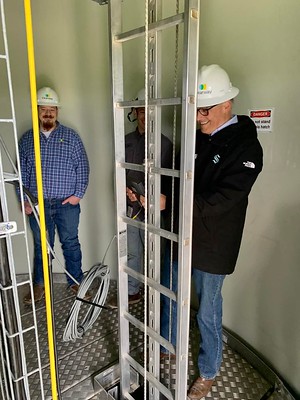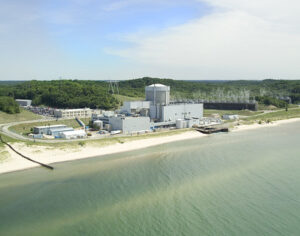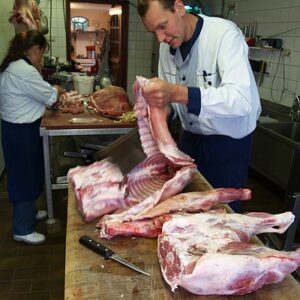For 2022, the Bureau of Labor Statistics (BLS) is very bullish on alternative energy. That provides an opportunity for community colleges to fill in some large gaps between what the labor market needs and what’s available in the workforce.
Most of the fastest growing occupations require at least a bachelor’s degree or a master’s degree. The fastest growing occupation this year is a wind turbine service technician, which requires an associate degree. The median salary is $56,000/annual. The third-fastest growing occupation this year is solar panel installer. The job does not require an associate degree, but does require training. With a growth rate of 52%, between 2020-2030, energy sector employers will generate high demand for these workers.
Renewable energy is one of the most pressing needs in every state. We have very little time to react with intelligent solutions for energy generation. And regardless of the solution(s), they’ll need maintenance.
Several community colleges around Michigan have energy industry, solar and renewable energy programs. They include (but are not limited to):
- Alpena Community College
- Delta College
- Henry Ford College
- Kalamazoo Valley Community College
- Kellogg Community College
- Lansing Community College
- Macomb Community College
- Mott Community College
- Monroe County Community College
- Muskegon Community College
- Northwestern Michigan College
- St. Clair County Community College
Alternative energy programs are a necessity
Washtenaw Community College has none of these programs, although last year, WCC did manage to join DTE’s voluntary renewable energy program. That’s not quite the same thing, but buying renewable energy is better than nothing. While other community colleges make the effort to train people to work in one of the fastest growing industries in the nation, WCC is buying renewable energy. While other community colleges are training workers for jobs that pay $45,000-$60,000 per year, WCC is buying renewable energy.
Every state needs to manufacture its own energy, and built its own renewable energy infrastructure. This includes the monumental task of creating wind and solar farms; extending clean energy capacity to homes and businesses; and managing the sustainable energy infrastructure for years to come.
It requires more than a leisure-class “throw-money-at-it” approach like buying alternative energy. The community college is uniquely situated to create training programs for workers in these fields. We can’t afford to sit on the sidelines and buy renewable energy while other community colleges take up the hard work of building new academic programs and training workers to meet the energy needs of Washtenaw County and the State of Michigan
If you’re not part of the solution, you’re part of the problem.
Photo Credit: Governor Jay Inslee , via Flickr























